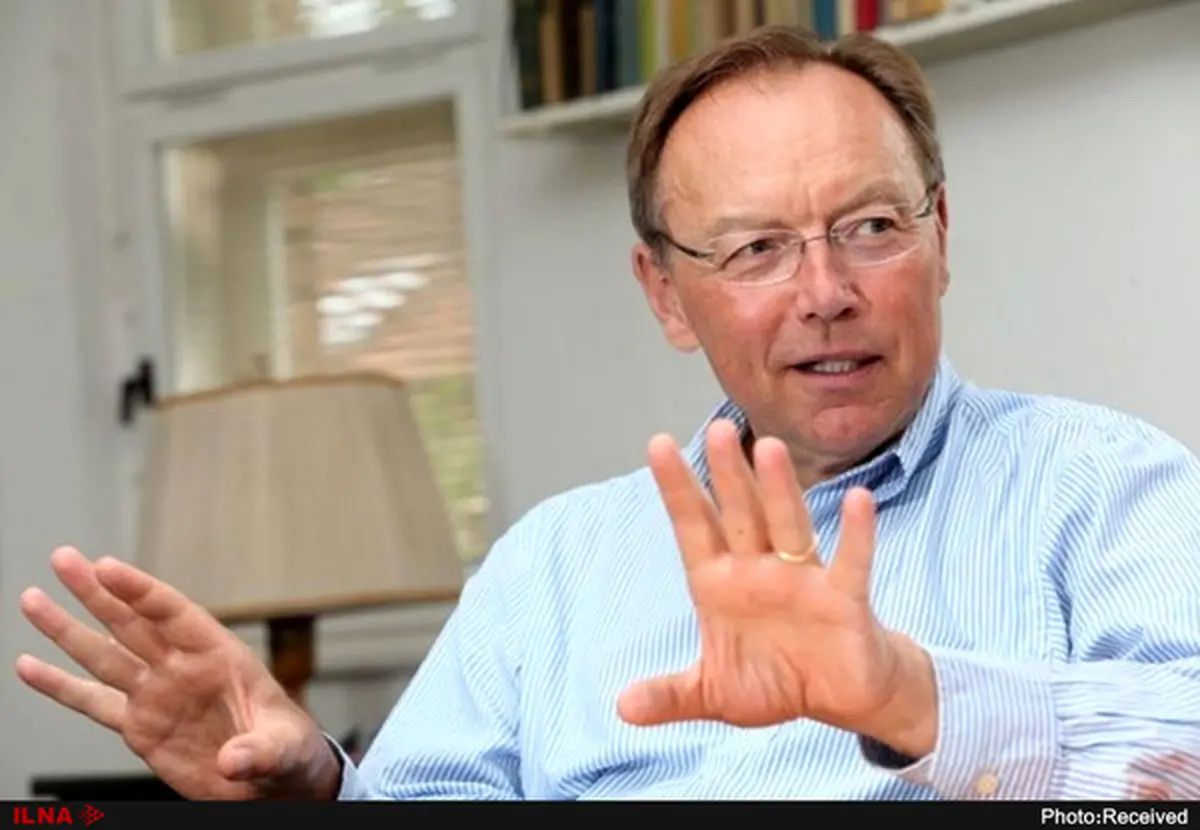Russia tries to weaken EU in order to level competitive field for itself; Igor Lukes

"A large percentage of Europeans feel helpless and abandoned in the new economy. They see fast trains full of prosperous people leaving, while they are left behind on the platform," Professor of International Relations told ILNA.
Igor Lukes, University professor of history and international relations at Boston University believes that the far-right parties from Great Britain to Hungary discovered that their message steeped in racism and intolerance fell on fertile soil. Speaking to ILNA news agency, he added that Russia, and maybe other global actors, work to exploit these sentiments of alienation to weaken and dissolve the EU in order to level the competitive field for themselves.
Below is the ILNA's interview with this authoritative analyst about the upcoming European Parliament election:
Europe has been witnessing numerous rises in the far-right movements. Many polls show that the far-right parties could have the upper hand in this election. For instance, in France polls show that Marine Le Pen popularity is higher than Macron himself. How do you evaluate the state of populist parties in the upcoming election?
At the end of the 20th century, society started breaking into groups that found it progressively more difficult to communicate. Some embraced modernity as they discovered that they felt at home and could be prosperous in almost any country or culture that gave them access to the Internet. But many others felt behind and cheated by the system that the luckier ones had joyfully embraced. The world in which their parents had managed to lead relatively good lives had melted away under their feet: manufacturing jobs moved to China, coal mines and steel works were shut down, some professions were driven out of existence by the appearance of mega-corporations, such as Amazon or Uber. The victims of this trend were bound to embrace the far-right demagogues who promised to turn the clock back to a mythical time when England was “English”, France was “French” and there were but a few Muslim children in German public schools.
The far-right parties from Great Britain to Hungary discovered that their message steeped in racism and intolerance fell on fertile soil. Soon afterward, Vladimir Putin’s Kremlin, having realized that Russia could never catch up with the European Union, decided to support any extremist party that intends to dissolve the EU. It turns out to be a clever investment.
How do you think the results will affect Brexit? Can this election have influence Brexit deadlock?
No one can predict what may happen with Brexit. The Brexiteers are not interested in facts or verifiable data. They are determined to believe that we can go back to 1950 or so when the British could still feel protected from the world by the Atlantic and the English Channel. The present mess is very welcome from the perspective of Russia. Putin doesn’t care whether Britain stays or leaves the EU. He wants to maintain the kind of disorder that Brexit has triggered.
Will the current configuration of the eight factions in the European Parliament change in this election?
Since Donald Trump’s victory in the last election in the United States, I won’t make any specific predictions. But I expect that the factions working—overtly or covertly—to weaken or destroy the EU are likely to become stronger.
The really interesting question is to what extent the voters who support the Brexiteers, Marine Le Pen, the Five Star Movement or Alternative for Germany actually know that they are pawns in a scheme supported by Putin’s Russia.
In your opinion, what is the reason for the anti-Europe parties to gain such attention in the Parliament elections?
The first reason is explained above: a large percentage of Europeans feel helpless and abandoned in the new economy. They see fast trains full of prosperous people leaving, while they are left behind on the platform. The second reason is that Russia, and maybe other global actors, work to exploit these sentiments of alienation to weaken and dissolve the EU in order to level the competitive field for themselves.
If Britain leaves the EU, what will become of its 27 seats in the Parliament?
They will have to be proportionately distributed among the existing members or set aside until new members come in.
Interview by: Kamran Baradaran
